Dr. Le Viet Quoc, born in 1982, is one of the leading researchers in artificial intelligence at Google Brain. He has a PhD in computer science from Stanford University and was honored by MIT Technology Review as one of the world's outstanding inventors under 35 years old, with many contributions to the field of global artificial intelligence.
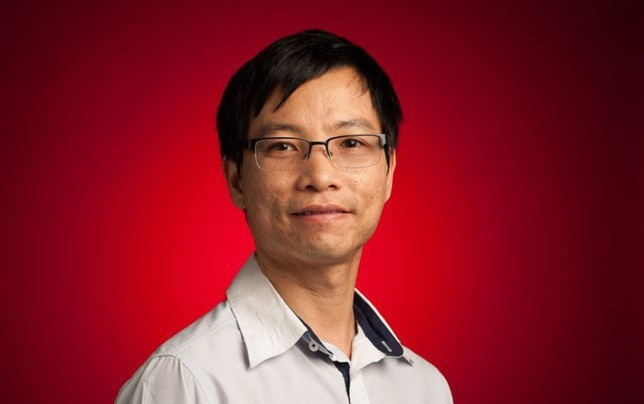
From poor village to "Google monster"
Dr. Le Viet Quoc was born in Huong Thuy (Thua Thien - Hue), grew up in a village without electricity, with only one television for the whole commune. In that deprived environment, his dream of science was nurtured through books borrowed from the library and endless questions about the world .
The boy Quoc then asked himself: “How can I change the world?” And then he found the answer in intelligence, not only human, but also in the ability to recreate that intelligence with machines.
After graduating from Quoc Hoc High School for the Gifted in Hue , Dr. Le Viet Quoc attended the Australian National University (ANU), where he graduated with First Class Honours in Software Engineering, an impressive achievement reflecting his outstanding ability in learning and research from an early age.
Despite having many opportunities to continue pursuing traditional research, he made a pivotal decision: to delve into the then-nascent field of neural networks and deep learning. His belief in the immense potential of this technology led him to Stanford University, where he became a PhD student under the guidance of Professor Andrew Ng, one of the world’s leading experts in machine learning.
In 2011, Dr. Quoc, along with Andrew Ng, and two experts Jeff Dean and Greg Corrado, co-founded Google Brain. As one of the founding engineers, he proposed a revolutionary approach: using unsupervised learning to train AI on huge unlabeled data sets. This was a breakthrough that helped AI truly “learn” in the same way humans discover the world, instead of just operating on data that had been programmed and instructed by humans.
Dr. Le Viet Quoc’s contributions have become the foundation for many core AI technologies today. He is the co-author of the seq2seq model (2014), a breakthrough in natural language processing that laid the foundation for systems such as Google Translate. He also initiated and led the AutoML project, which helps automate the design of AI models, making the field more accessible. Additionally, he was one of the developers of Meena, the first chatbot to demonstrate the ability to converse naturally and coherently, which is considered the predecessor of LaMDA and modern generations of AI chatbots.
The Aspiration for AI "with a Heart"
Going beyond creating machines that only know how to obey orders, Dr. Le Viet Quoc and his colleagues are currently pursuing an ambitious goal: creating an AI with "intrinsic motivation".
According to Dr. Le Viet Quoc, currently, most computer systems, including advanced AI systems, do not have curiosity because they cannot think like humans. But that is a research direction that his team is pursuing: developing AI models that are capable of thinking and learning the way humans do, that is, forming an intrinsic motivation to learn.
A major step forward in artificial intelligence is the development of the ability to learn from raw data, that is, data that has not been processed or labeled by humans. Using large-scale artificial neural networks, AI can read, understand, and learn not only from text (natural language) but also from images and videos.
This is the direction that helps AI gradually get closer to the way humans learn: without specific instructions, but learn through observation, accumulation and forming their own thinking. Thanks to that, AI not only becomes smarter but also has the ability to empathize and perceive more deeply, a step closer to human thinking and emotions.
In an interview, when asked whether AI will be like humans, because it has a heart, Dr. Le Viet Quoc affirmed: "AI will have a heart".
Vietnam has the potential to rise if it knows how to take advantage of opportunities from AI.
Despite his numerous achievements, Dr. Le Viet Quoc does not consider himself a “success maker”. On the contrary, he frankly admits that the thing he does the most is… failure. “In research, making mistakes is normal. The important thing is knowing where you went wrong and learning from it,” he shared. He is very reserved, reluctant to talk about himself, and always refuses to answer press interviews.
As a leading figure in the global AI industry, Dr. Le Viet Quoc is deeply interested in the development of science and technology in Vietnam. He is a member of the Board of Directors of Fulbright University and has repeatedly advised on AI policies. He believes that Vietnam has the potential to rise if it knows how to take advantage of opportunities from AI.
According to him, the important thing is to build a strong enough research-training-enterprise ecosystem to retain talented people. Vietnam has a good STEM education system, but needs to invest deeply in post-graduate studies, research and expanding AI testing space for young people.
Open source AI is less expensive than developing semiconductor chips but has the potential to create an internal technological power for Vietnam. In the future, systems that can think independently, find information, and make decisions will be the next big breakthrough. They will not only be virtual assistants, but also "digital entities" that can support people in healthcare, education, and business.
However, as AI becomes more intelligent and capable of making more decisions on its own, research on AI safety control technology is being promoted, and he himself focuses on this research direction.
There are risks if we don’t control AI well. The most we know about an AI is the data it learns from. If we want to control machine intelligence, we have to start with the data we feed it.
Source: https://khoahocdoisong.vn/quai-kiet-google-khat-vong-lam-ai-co-cam-xuc-va-trai-tim-post2149044173.html





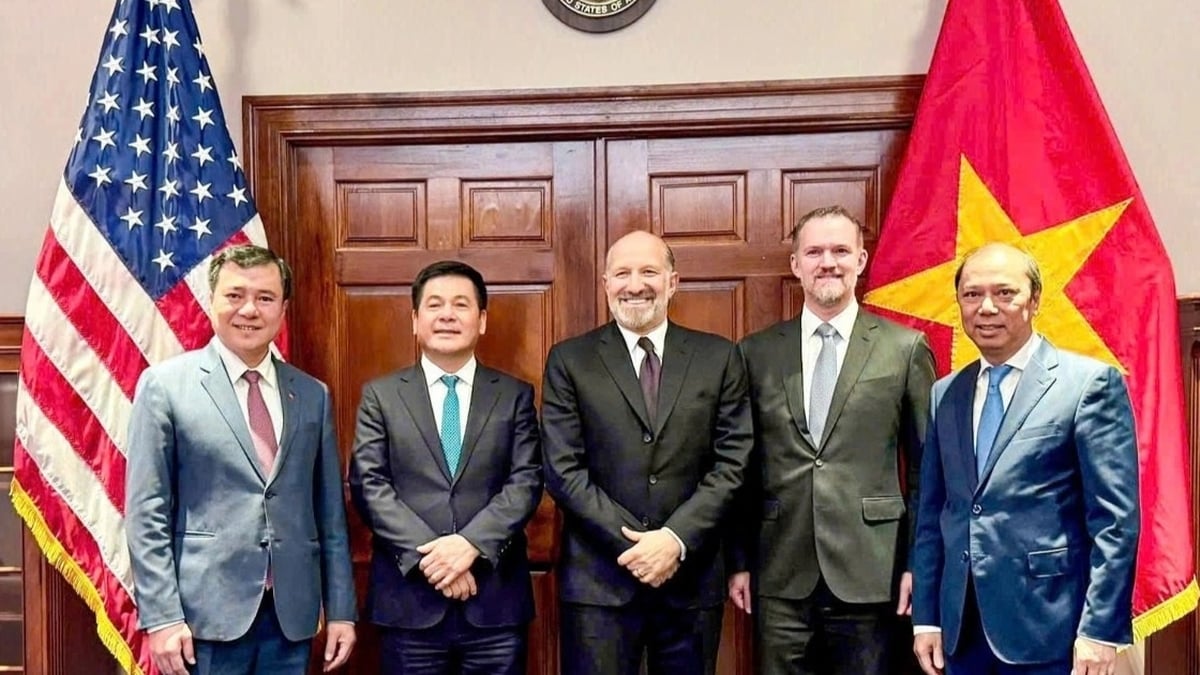


















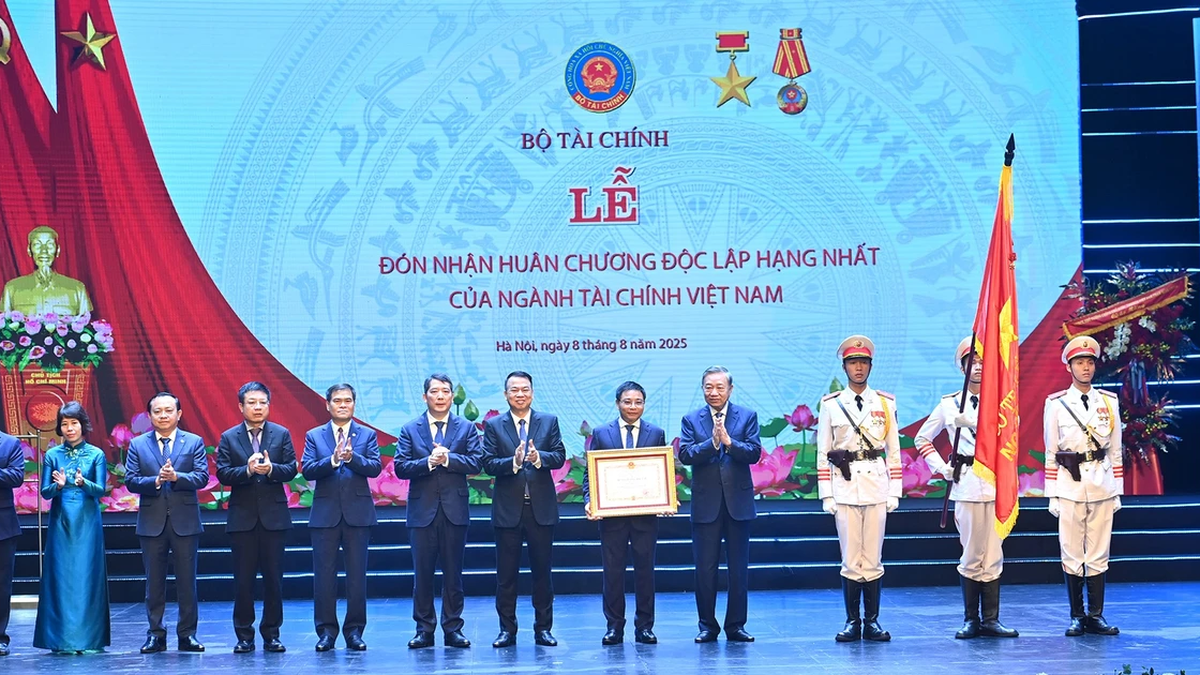









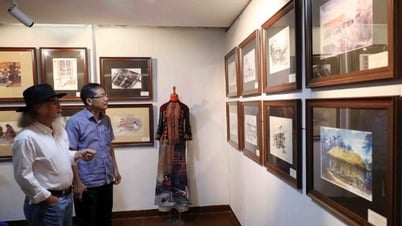





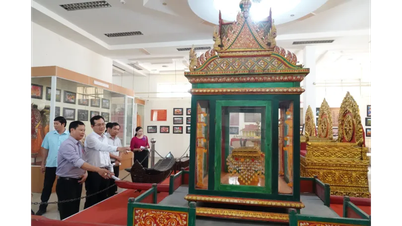




















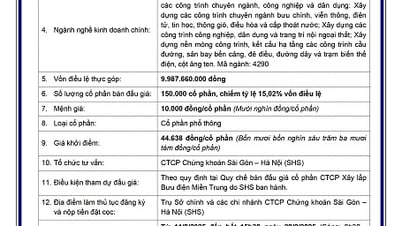
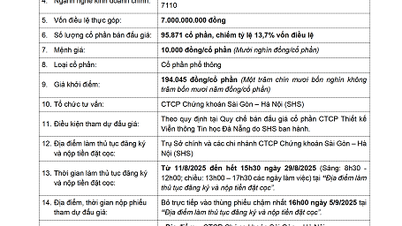











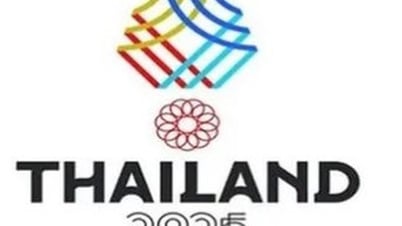



























Comment (0)